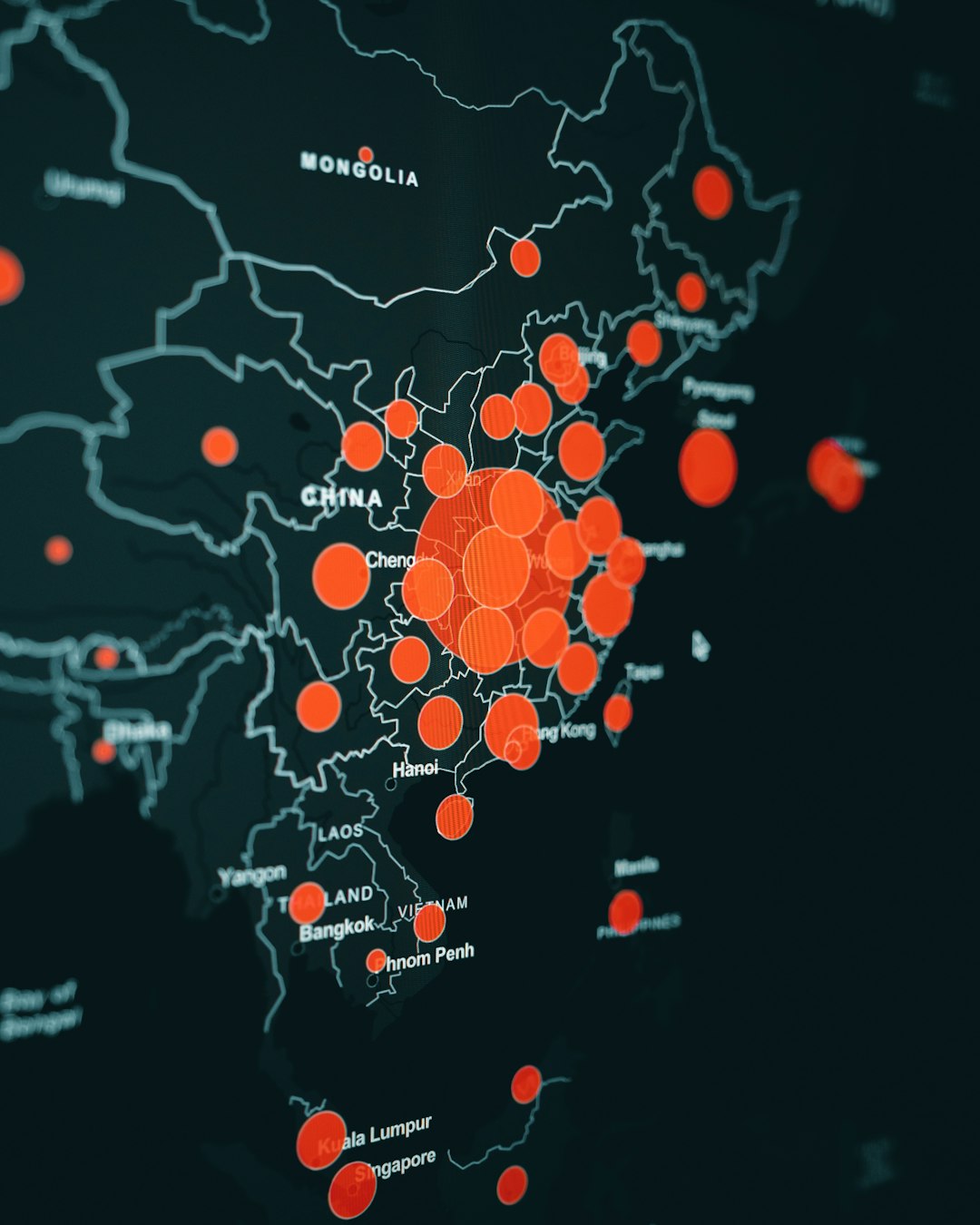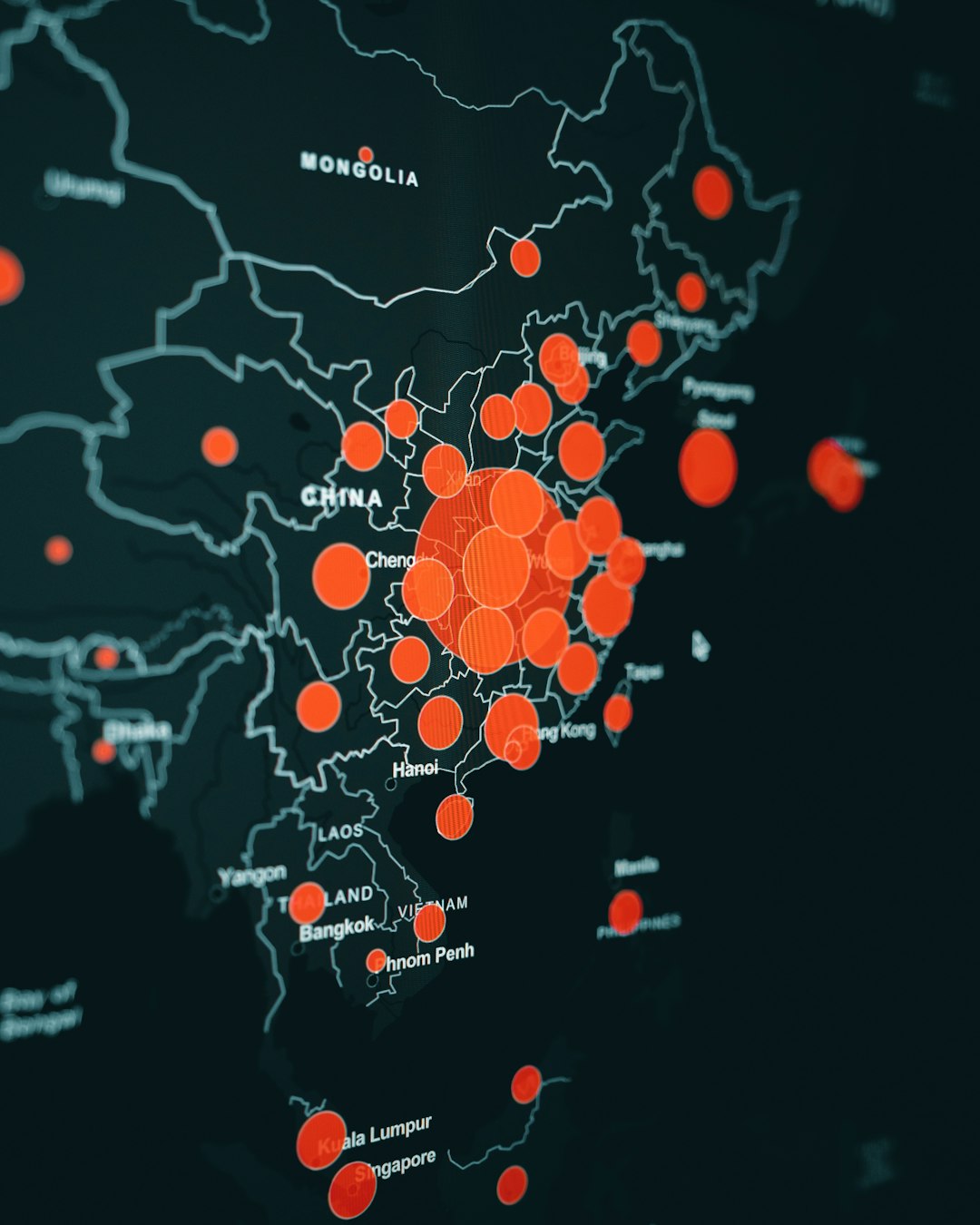In recent years, the Chinese government has taken significant measures to tighten its grip over the internet. Among the strategies deployed is the aggressive crackdown on Virtual Private Networks (VPNs), which are widely used across the globe to ensure online privacy and to bypass regional restrictions. In China, however, VPNs are viewed very differently. This raises important questions about digital rights, access to information, and the future of internet freedom not only in China but globally.
Understanding How VPNs Work
VPNs are tools designed to encrypt internet traffic and route it through remote servers, often located in other countries. By doing so, they mask a user’s IP address and make it appear as though they’re browsing from a different location. This allows users to:
- Access content restricted in their region
- Maintain privacy by hiding their online activity from surveillance
- Secure their data on public Wi-Fi networks
In democratic societies, VPN usage is typically promoted as a means of protecting citizens’ privacy and supporting unrestricted access to information. But in countries with strict internet controls, like China, the implications are vastly different.
Why Does China Block VPNs?
China’s internet is heavily censored through a vast and sophisticated system known as the Great Firewall. This system filters search results, blocks websites, and monitors online behavior. The objective is clear: to control the flow of information and to suppress content that the government deems politically sensitive or destabilizing.
VPNs act as digital loopholes in this censorship framework, giving users the ability to access foreign platforms such as Google, YouTube, Facebook, Twitter, and many international news websites. This undermines the state’s ability to curate information and maintain what it refers to as “cyber sovereignty.” From the viewpoint of the Chinese government, blocking VPNs serves multiple purposes:
- Preserving Political Stability: Unrestricted internet access may expose citizens to dissenting political views, protests in other parts of the world, or critique of China’s policies.
- Preventing Leaks of Sensitive Information: VPNs can be used to transmit sensitive documents and news to foreign journalists or human rights organizations.
- Maintaining Economic Control: Regulating access to foreign websites ensures that domestic tech companies are favored over their Western counterparts.
Due to these concerns, the Chinese government considers unauthorized VPNs illegal. Only VPN providers approved by the state and operating within the limits of government censorship are permitted, and even those can be heavily monitored.

The Legal Landscape
China’s crackdown on VPN usage is backed by a robust legal framework. In 2017, the Ministry of Industry and Information Technology (MIIT) launched a 14-month campaign targeting illegal VPN services and reinforcing state-approved channels. Following this move, many popular VPN services, such as ExpressVPN and NordVPN, were either removed from app stores in China or became unusable due to deep packet inspection techniques used by the government.
Chinese citizens caught using or selling unlicensed VPNs have faced fines and even imprisonment. Foreign businesses operating in the country are allowed to use VPNs but must do so through state-monitored networks, ensuring that the government retains oversight. This dual approach reflects China’s balancing act between maintaining business ties with the outside world and enforcing internal security.
The Impact on Individuals and Society
The blocking of VPNs in China has profound implications for individuals’ access to knowledge and communication. Journalists, researchers, students, and even tech-savvy citizens face mounting challenges in remaining informed or sharing non-censored information with the rest of the world. The following key impacts deserve attention:
- Information Control: With no access to global news sources, citizens are subject to one-sided state narratives and propaganda.
- Stifling Innovation: Scientific research and innovation thrive on global collaboration, which becomes difficult when access to foreign knowledge bases is limited.
- Educational Barriers: Students and educators are restricted from accessing academic resources that are not hosted on Chinese platforms.
Though a minority of skilled internet users can still find ways around VPN restrictions, the general population remains largely confined to the local web ecosystem, which is highly curated and monitored.
What It Means for Internet Freedom
China’s aggressive policy on VPN usage is emblematic of a broader global challenge: the battle between state control and individual digital freedoms. The Chinese model of internet governance—centralized, surveilled, and state-managed—is influencing other countries considering similar regulations. This trend could pose a serious threat to a free and open internet.
Internet freedom organizations such as Freedom House and Access Now have continuously ranked China among the most restrictive digital environments in the world. The situation raises several concerns:
- If more countries imitate China’s model, could we see the balkanization of the internet into isolated national grids?
- What recourse do citizens have when internet access becomes a tool of control rather than empowerment?
- Can international companies continue to operate in China without compromising their own ethical standards?

International human rights watchdogs have urged the global community to push back against such overreach, advocating for the protection of digital privacy and access to information as fundamental human rights.
The Future of VPNs in China
Despite the heavy restrictions, VPN technology is evolving. Developers are finding new ways to circumvent censorship using obfuscation techniques that disguise VPN traffic. This cat-and-mouse game between Chinese regulators and privacy advocates is expected to continue for the foreseeable future.
At the same time, more global awareness and pressure may influence how China deals with internet governance. Stakeholders must ask whether the current path leads toward a more secure society or merely one that trades freedom for control.
Conclusion
China’s decision to block VPNs is not merely a technological issue—it reflects a broader struggle between authoritarian control and the free flow of information. By restricting VPNs, the Chinese government aims to enhance its surveillance capability and maintain political and social stability. However, this comes at the cost of individual freedoms, innovation, and transparency.
As the world grapples with these issues, what happens in China may well serve as a litmus test for the future of the global internet. Will we move toward greater openness and connectivity, or will walls—both physical and digital—rise higher? The answer will shape how citizens across the globe experience the internet for generations to come.




